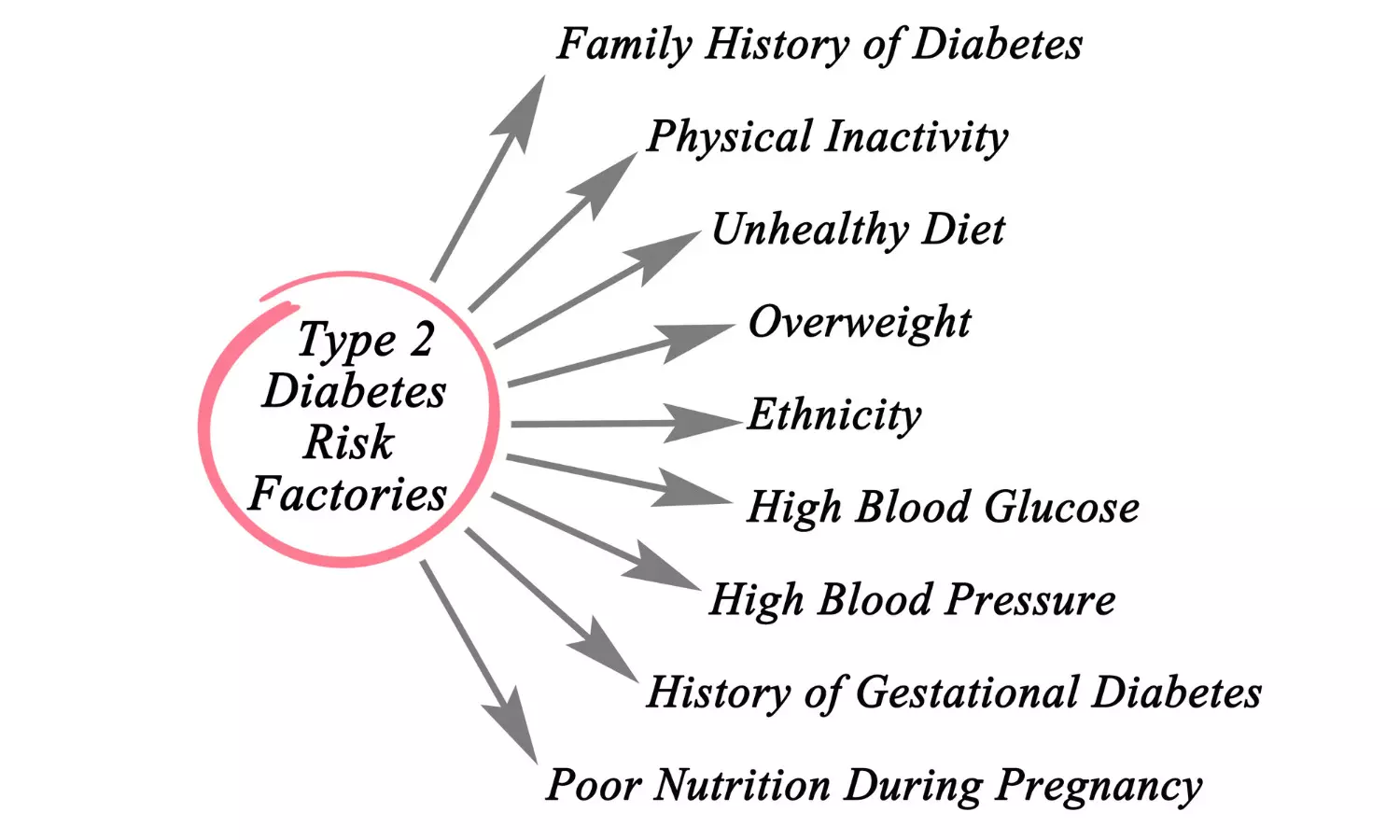- Home
- Medical news & Guidelines
- Anesthesiology
- Cardiology and CTVS
- Critical Care
- Dentistry
- Dermatology
- Diabetes and Endocrinology
- ENT
- Gastroenterology
- Medicine
- Nephrology
- Neurology
- Obstretics-Gynaecology
- Oncology
- Ophthalmology
- Orthopaedics
- Pediatrics-Neonatology
- Psychiatry
- Pulmonology
- Radiology
- Surgery
- Urology
- Laboratory Medicine
- Diet
- Nursing
- Paramedical
- Physiotherapy
- Health news
- Fact Check
- Bone Health Fact Check
- Brain Health Fact Check
- Cancer Related Fact Check
- Child Care Fact Check
- Dental and oral health fact check
- Diabetes and metabolic health fact check
- Diet and Nutrition Fact Check
- Eye and ENT Care Fact Check
- Fitness fact check
- Gut health fact check
- Heart health fact check
- Kidney health fact check
- Medical education fact check
- Men's health fact check
- Respiratory fact check
- Skin and hair care fact check
- Vaccine and Immunization fact check
- Women's health fact check
- AYUSH
- State News
- Andaman and Nicobar Islands
- Andhra Pradesh
- Arunachal Pradesh
- Assam
- Bihar
- Chandigarh
- Chattisgarh
- Dadra and Nagar Haveli
- Daman and Diu
- Delhi
- Goa
- Gujarat
- Haryana
- Himachal Pradesh
- Jammu & Kashmir
- Jharkhand
- Karnataka
- Kerala
- Ladakh
- Lakshadweep
- Madhya Pradesh
- Maharashtra
- Manipur
- Meghalaya
- Mizoram
- Nagaland
- Odisha
- Puducherry
- Punjab
- Rajasthan
- Sikkim
- Tamil Nadu
- Telangana
- Tripura
- Uttar Pradesh
- Uttrakhand
- West Bengal
- Medical Education
- Industry
Vegetarian Diet may lower LDL-C, HbA1c and body weight among high risk CVD patients

Vegetarian diet consumption can effectively reduce the cardiometabolic risk factors like low-density lipoprotein cholesterol (LDL-C), hemoglobin A1c (HbA1c), systolic blood pressure (SBP), and body weight in people with or at high risk of cardiovascular diseases (CVDs). The vegetarian diet was greatly effective in glycemic control and had a synergistic effect in patients at high risk of CVD and type 2 diabetes as per a recent study that was published in the journal JAMA Network Open.
Cardiovascular diseases (CVDs) continue to be the dominant contributor to disease burden and rising healthcare costs globally, despite significant therapeutic advances. A higher risk of CVD morbidity and mortality is mechanistically associated with poor nutrition. Recent guidelines suggest that various forms of vegetarian diets have become popular due to the health and environmental benefits. Plant based diets are known to improve the cardiometabolic risks but their effect on patients at high risk of cardiovascular diseases (CVDs) is inconclusive. Hence researchers conducted a meta-analysis to assess the association of vegetarian diets with major cardiometabolic risk factors, including low-density lipoprotein cholesterol (LDL-C), hemoglobin A1c (HbA1c), systolic blood pressure (SBP), and body weight in people with or at high risk of CVDs.
Eligible trials where vegetarian diets were delivered to adults with cardiovascular risks were included. Cardiovascular risk factors like LDL-C, HbA1c or SBP were included. Data like the demographics, study design, sample size, and diet description were independently extracted by two reviewers and risk of bias assessment was performed. Assessing the mean changes in LDL-C, HbA1c, and SBP between the two groups was the main outcome of measurement. Mean changes in LDL-C, HbA1c, SBP, and body weight were assessed by random-effects model. Grading of Recommendations, Assessment, Development, and Evaluation (GRADE) tool was used to evaluate the overall certainty of evidence.
Key findings:
- Twenty RCTs involving 1878 participants with a mean age range of 28-64 years were included, and mean duration of intervention was 25.4 weeks (range, 2 to 24 months).
- Four studies targeted people with CVDs, 7 focused on diabetes, and 9 included people with at least 2 CVD risk factors.
- Consumption of vegetarian diets for an average of 6 months was associated with decreased LDL-C, HbA1c, and body weight by 6.6 mg/dL, 0.24%, and 3.4 kg, respectively, but the association with SBP was not significant (−0.1 mm Hg) when compared to all other diets.
- The GRADE assessment showed a moderate level of evidence for LDL-C and HbA1c reduction.
Thus, vegetarian diet was associated with significant reductions in LDL-C, HbA1c, and body weight, beyond standard therapy, in patients with or at high risk of CVDs. This study is crucial for the development of clinical guidelines in the management of cardiometabolic risk factors.
Further reading: Wang T, Kroeger CM, Cassidy S, et al. Vegetarian Dietary Patterns and Cardiometabolic Risk in People With or at High Risk of Cardiovascular Disease: A Systematic Review and Meta-analysis. JAMA Netw Open. 2023;6(7):e2325658. doi:10.1001/jamanetworkopen.2023.25658
BDS, MDS
Dr.Niharika Harsha B (BDS,MDS) completed her BDS from Govt Dental College, Hyderabad and MDS from Dr.NTR University of health sciences(Now Kaloji Rao University). She has 4 years of private dental practice and worked for 2 years as Consultant Oral Radiologist at a Dental Imaging Centre in Hyderabad. She worked as Research Assistant and scientific writer in the development of Oral Anti cancer screening device with her seniors. She has a deep intriguing wish in writing highly engaging, captivating and informative medical content for a wider audience. She can be contacted at editorial@medicaldialogues.in.
Dr Kamal Kant Kohli-MBBS, DTCD- a chest specialist with more than 30 years of practice and a flair for writing clinical articles, Dr Kamal Kant Kohli joined Medical Dialogues as a Chief Editor of Medical News. Besides writing articles, as an editor, he proofreads and verifies all the medical content published on Medical Dialogues including those coming from journals, studies,medical conferences,guidelines etc. Email: drkohli@medicaldialogues.in. Contact no. 011-43720751



